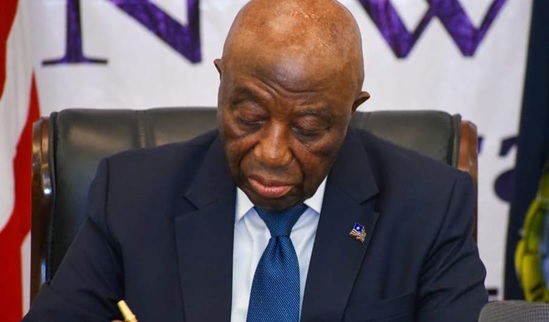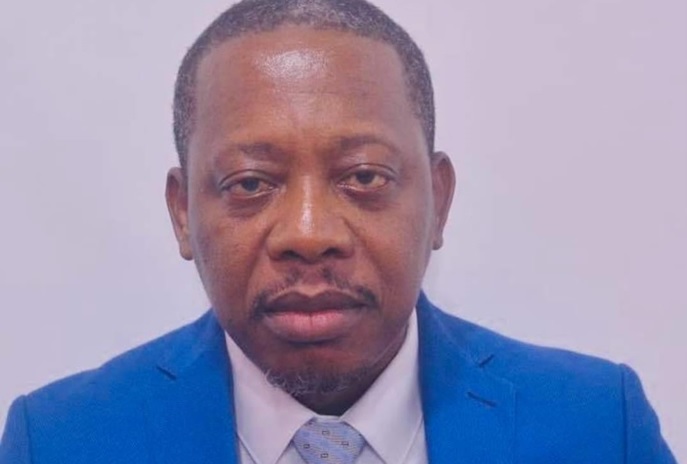MONROVIA, LIBERIA – In a recent statement, John S. Morlu, the former chief fundraiser for former President Joe Boakai, expressed his concerns regarding the International Monetary Fund’s (IMF) decision to condition the release of $209 million to the Boakai administration on the implementation of stringent safeguards aimed at securing Liberia’s economic future.
Morlu welcomed the IMF’s response, emphasizing the necessity for a thorough review of all loan guarantees made by the Central Bank of Liberia (CBL), a request that both President Boakai and the IMF have agreed to.
Morlu highlighted a troubling trend within the CBL, noting its history of bailing out commercial banks facing loan defaults—a practice he describes as setting a dangerous precedent. Under President George Weah’s administration, the CBL had intervened to rescue the Liberia Bank for Development and Investment (LBDI) twice, each time with $40 million.
He pointed out that the young president of LBDI was dismissed after revealing the identities of loan defaulters, many of whom were political figures from previous administrations. Morlu argues that this dismissal was not merely due to alleged credential fraud but was a direct response to the president’s efforts to expose political corruption tied to these loans.
“This is a clear example of how government officials and their business allies exploit the Central Bank to guarantee their bad loans, leaving ordinary Liberians to foot the bill,” Morlu stated, voicing his frustration with the ongoing corruption that he believes has burdened the average Liberian for far too long.
Morlu’s remarks come in light of recent financial maneuvers that he deems unacceptable. He pointed to a recent $3.5 million CBL guarantee to Bloom Bank and the private business Kailando, as well as an $8 million bailout to SIB Liberia Limited and an additional $4 million in guaranteed defaults. According to Morlu, these actions represent a continuation of corrupt practices disguised as economic support.
“This is highway robbery,” he declared, criticizing members of Boakai’s economic team for allegedly following in the corrupt footsteps of their predecessors. “We must condemn these actions to protect Liberia’s resources and ensure a brighter future for all Liberians.”
The situation raises pressing questions about the integrity of the financial practices within Liberia’s government and the potential implications for the nation’s economic stability.







